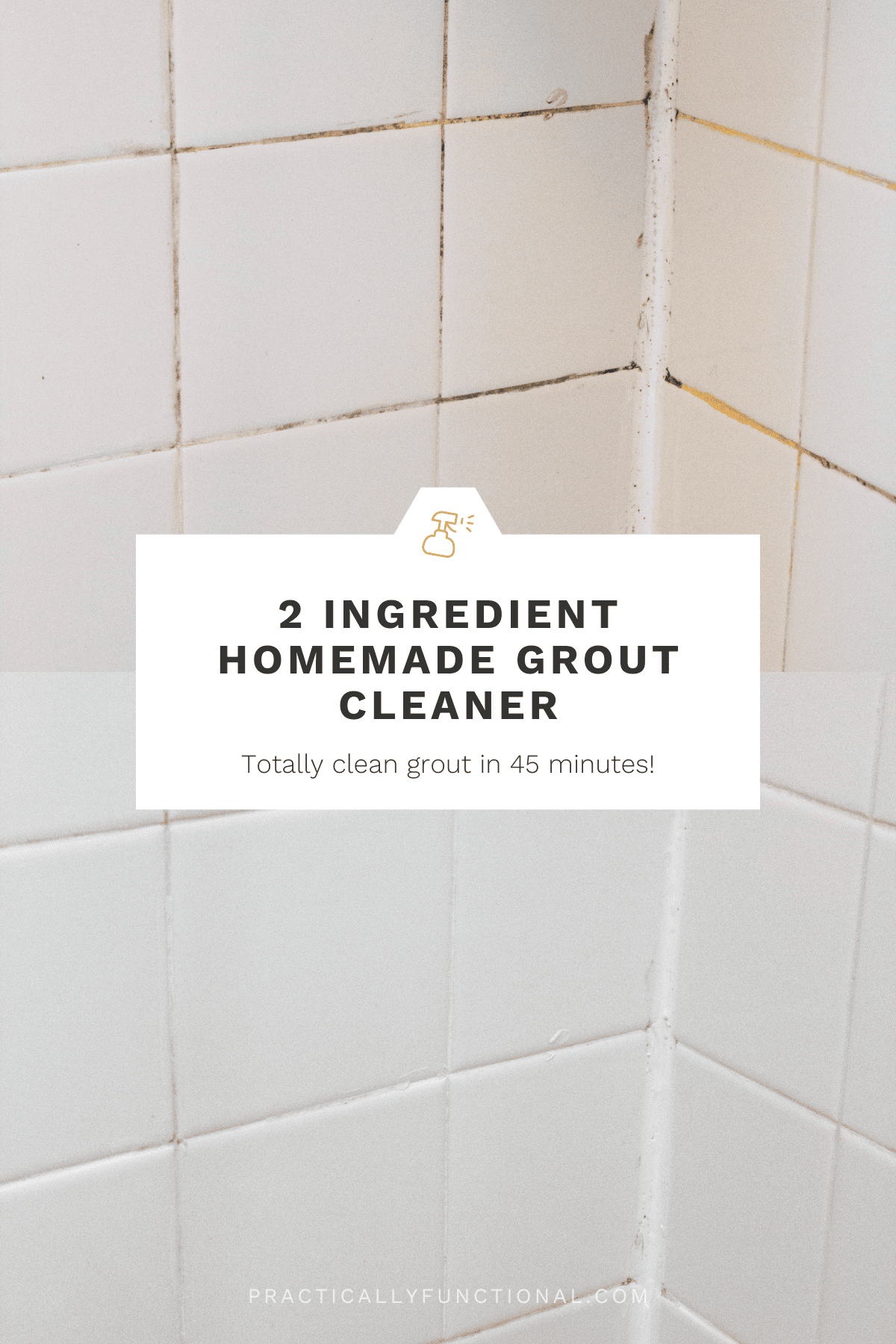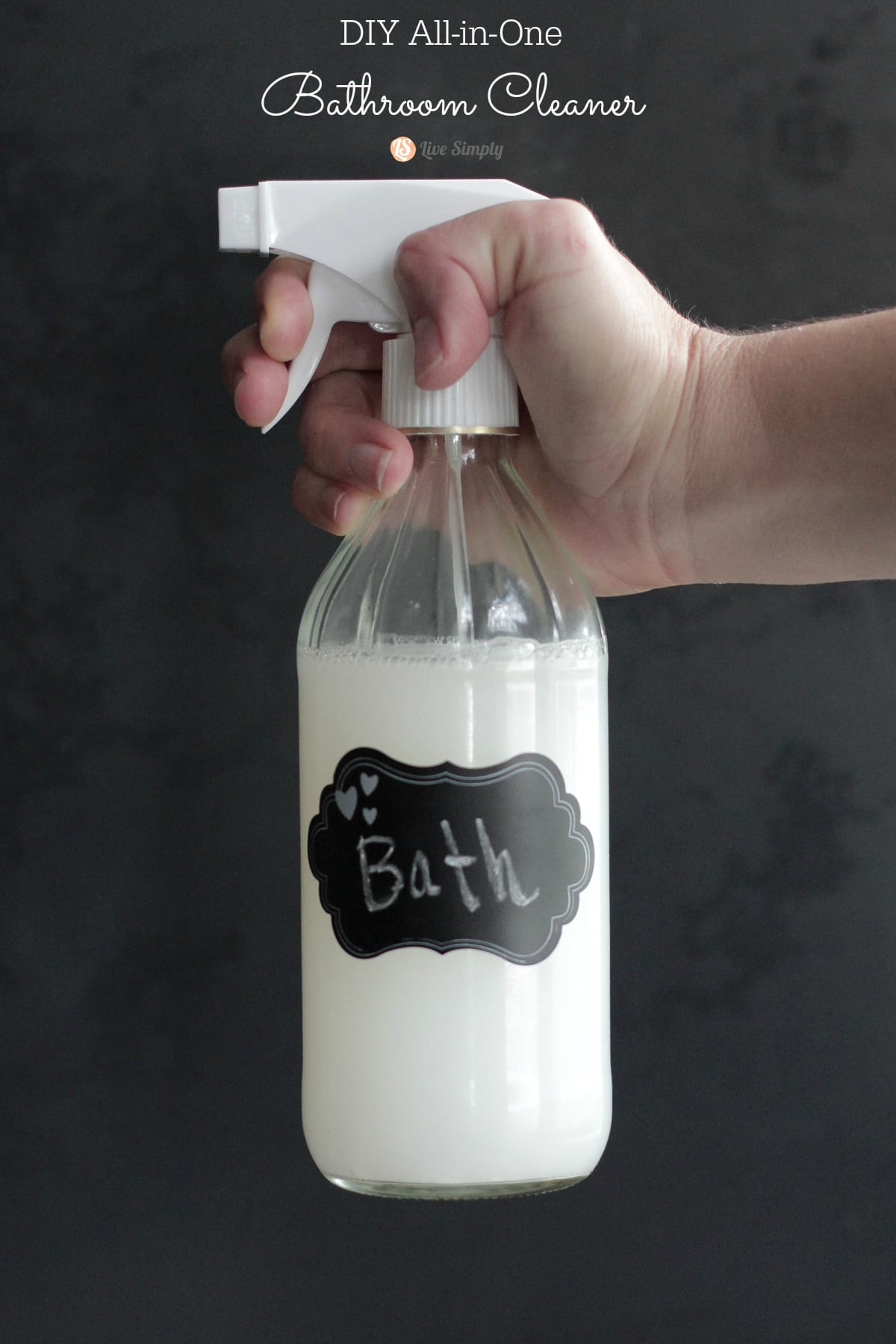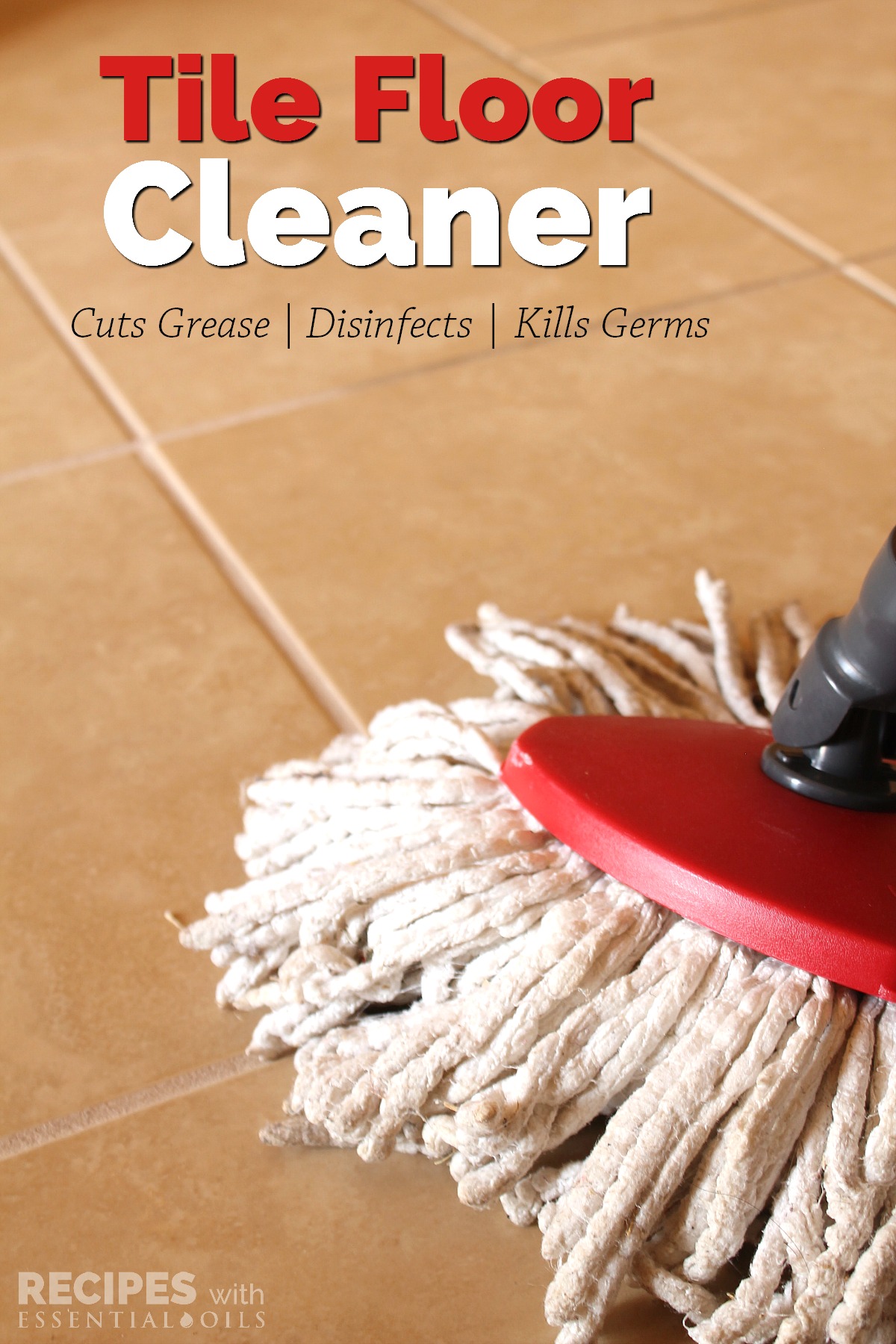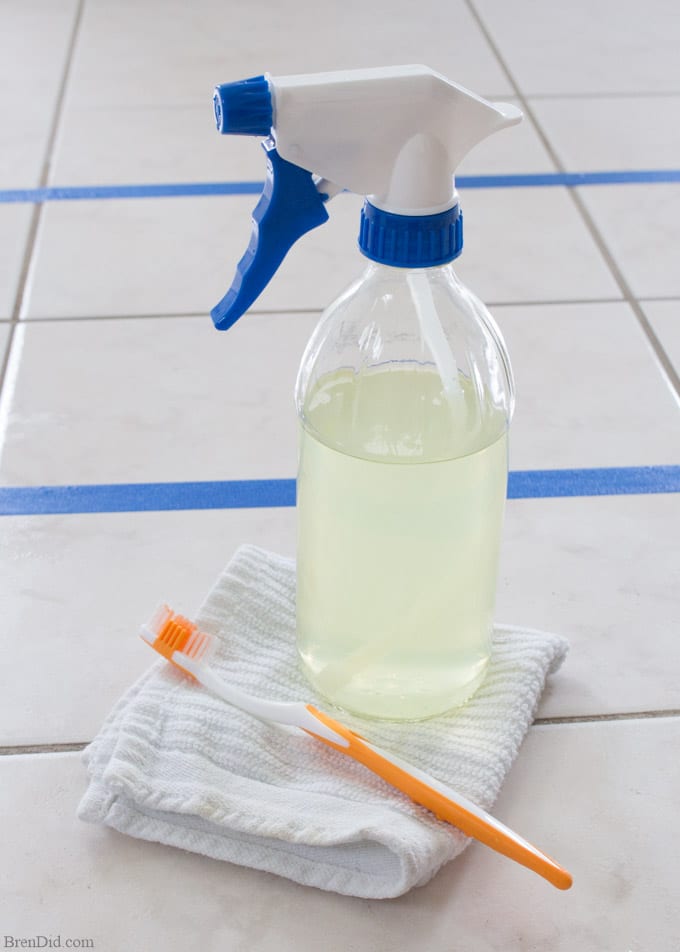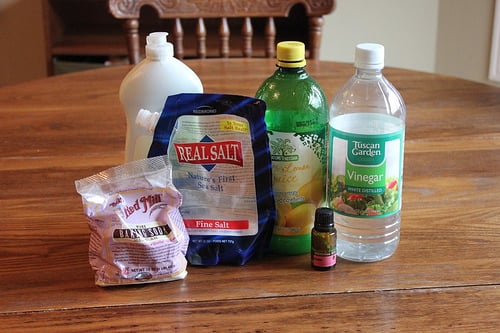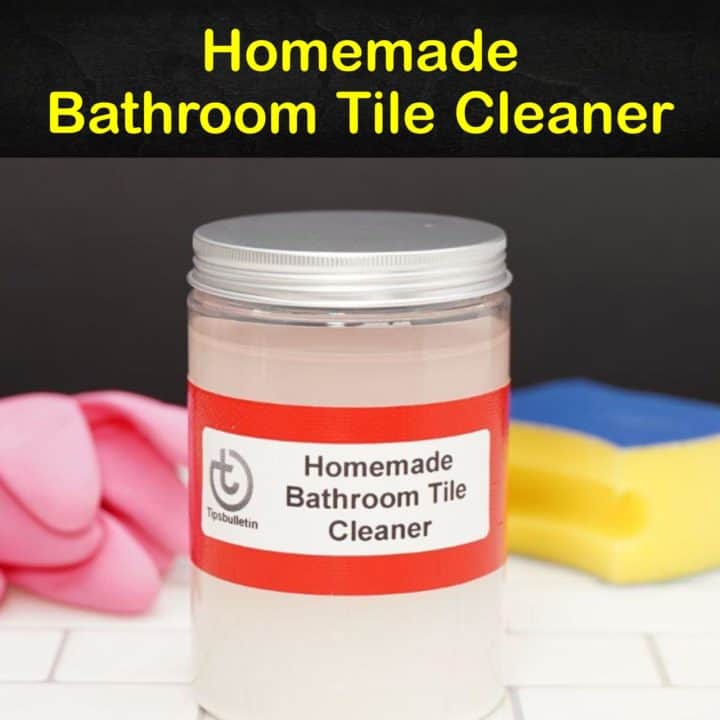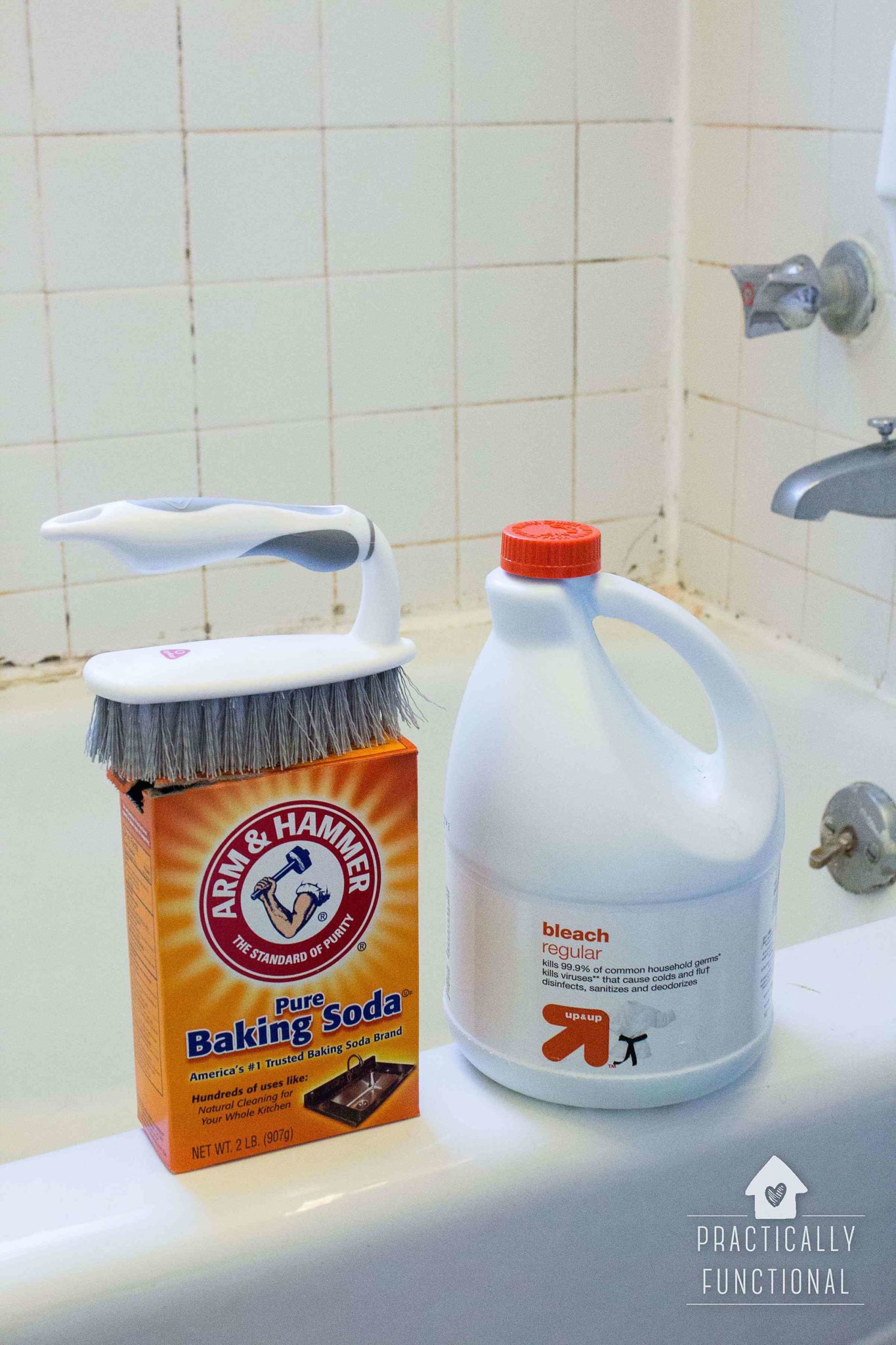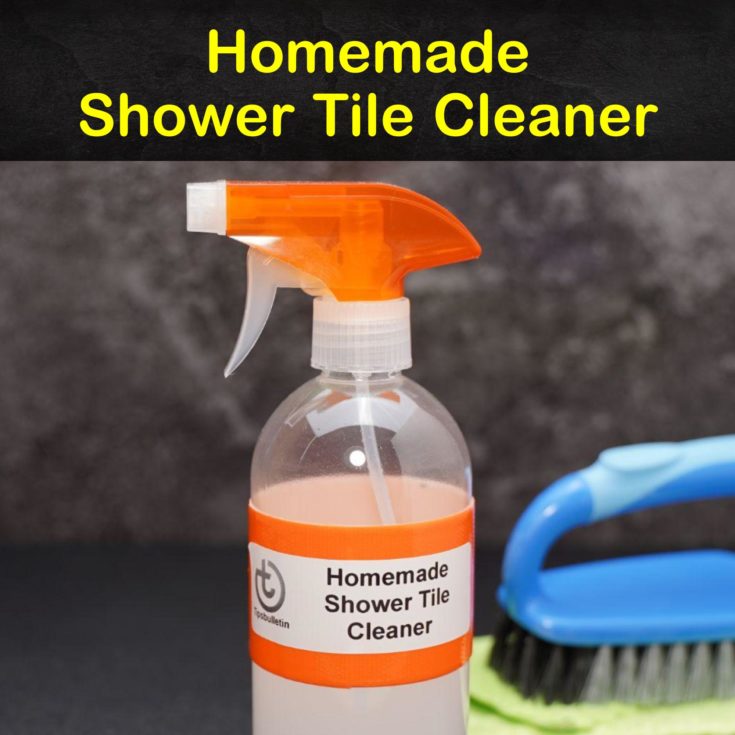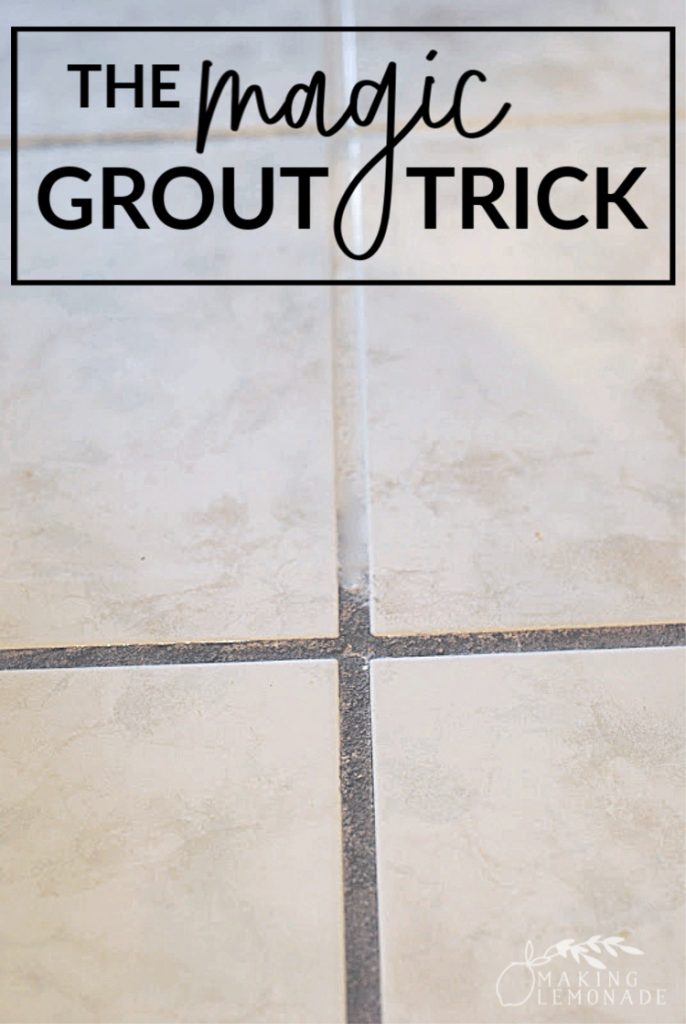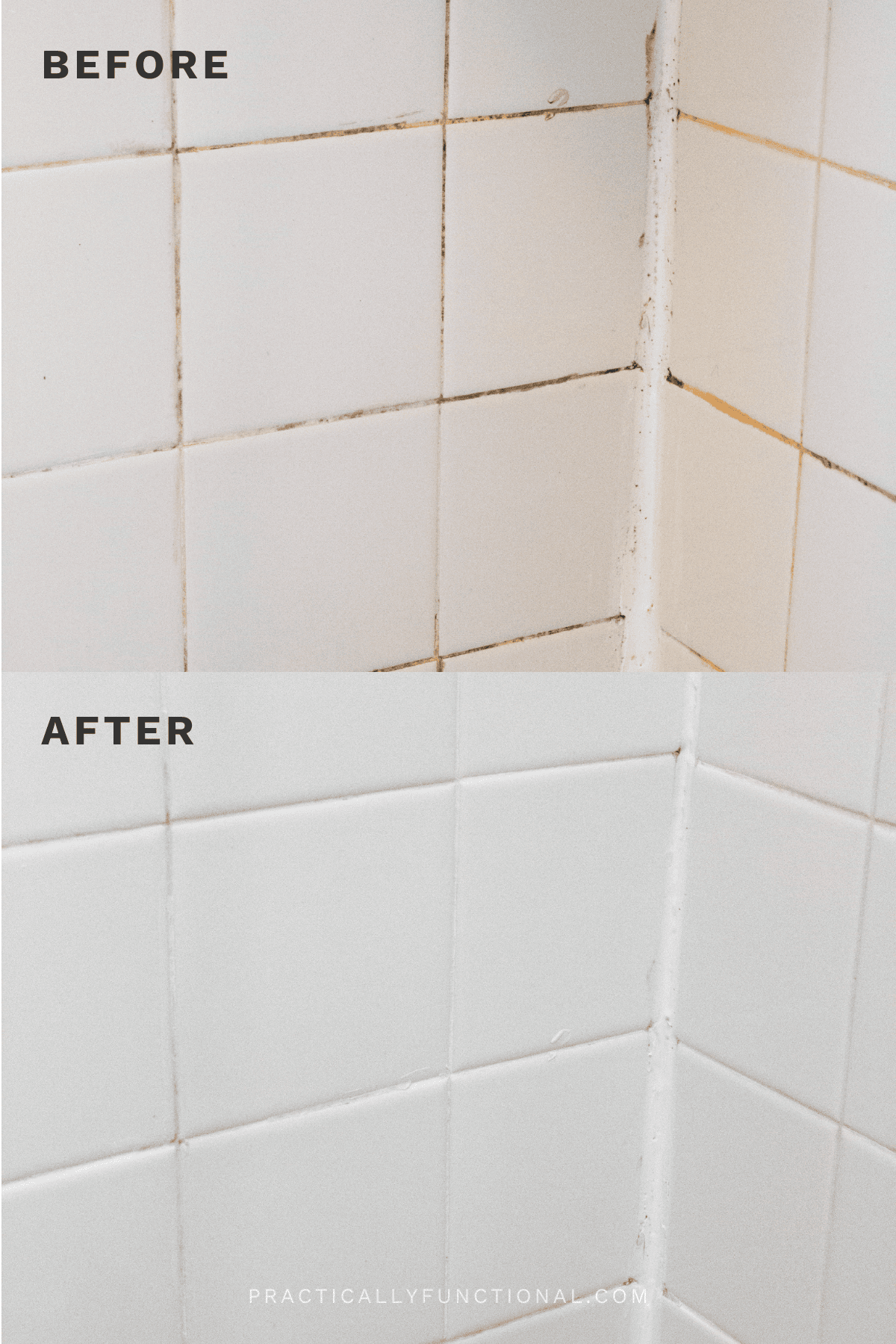The Benefits of Homemade Bathroom Tile Cleaner
When it comes to cleaning your bathroom tiles, you have a choice: store-bought cleaners or homemade solutions. While commercial cleaners are convenient, they often contain harsh chemicals that can be harmful to both your health and the environment. Homemade bathroom tile cleaner offers a safer and more eco-friendly alternative. Here are some benefits of opting for a DIY approach:
- Healthier Ingredients: Homemade bathroom tile cleaner recipes typically contain natural ingredients such as vinegar, baking soda, and essential oils. These ingredients are gentle yet effective at removing dirt, grime, and soap scum from your tiles without exposing you to harsh chemicals that can irritate your skin or respiratory system.
- Environmentally Friendly: Commercial cleaners often contain toxic chemicals that can harm the environment when washed down the drain. Homemade bathroom tile cleaner recipes use biodegradable ingredients that are safer for the environment, reducing your ecological footprint and helping to protect aquatic ecosystems.
- Cost-Effective: Making your bathroom tile cleaner is not only better for your health and the environment but also easier on your wallet. Most homemade cleaner recipes use common household ingredients that are inexpensive and readily available, allowing you to save money compared to purchasing commercial cleaners.
- Customizable Formulas: One of the great benefits of DIY bathroom tile cleaners is that you can customize the formula to suit your specific cleaning needs and preferences. Whether you prefer a citrus-scented cleaner or want to add extra scrubbing power with abrasive ingredients like salt or borax, you have the flexibility to tailor the recipe to your liking.
- Reduced Packaging Waste: By making your bathroom tile cleaner at home, you can significantly reduce the amount of packaging waste generated from store-bought cleaners. Homemade cleaners can be stored in reusable containers, eliminating the need for single-use plastic bottles and contributing to a more sustainable lifestyle.
- Empowerment and Satisfaction: There’s a sense of empowerment and satisfaction that comes from making your cleaning products. Knowing exactly what goes into your bathroom tile cleaner and being able to control the ingredients gives you peace of mind and a sense of accomplishment. Plus, you can take pride in knowing that you’re taking proactive steps to create a healthier home environment for yourself and your family.
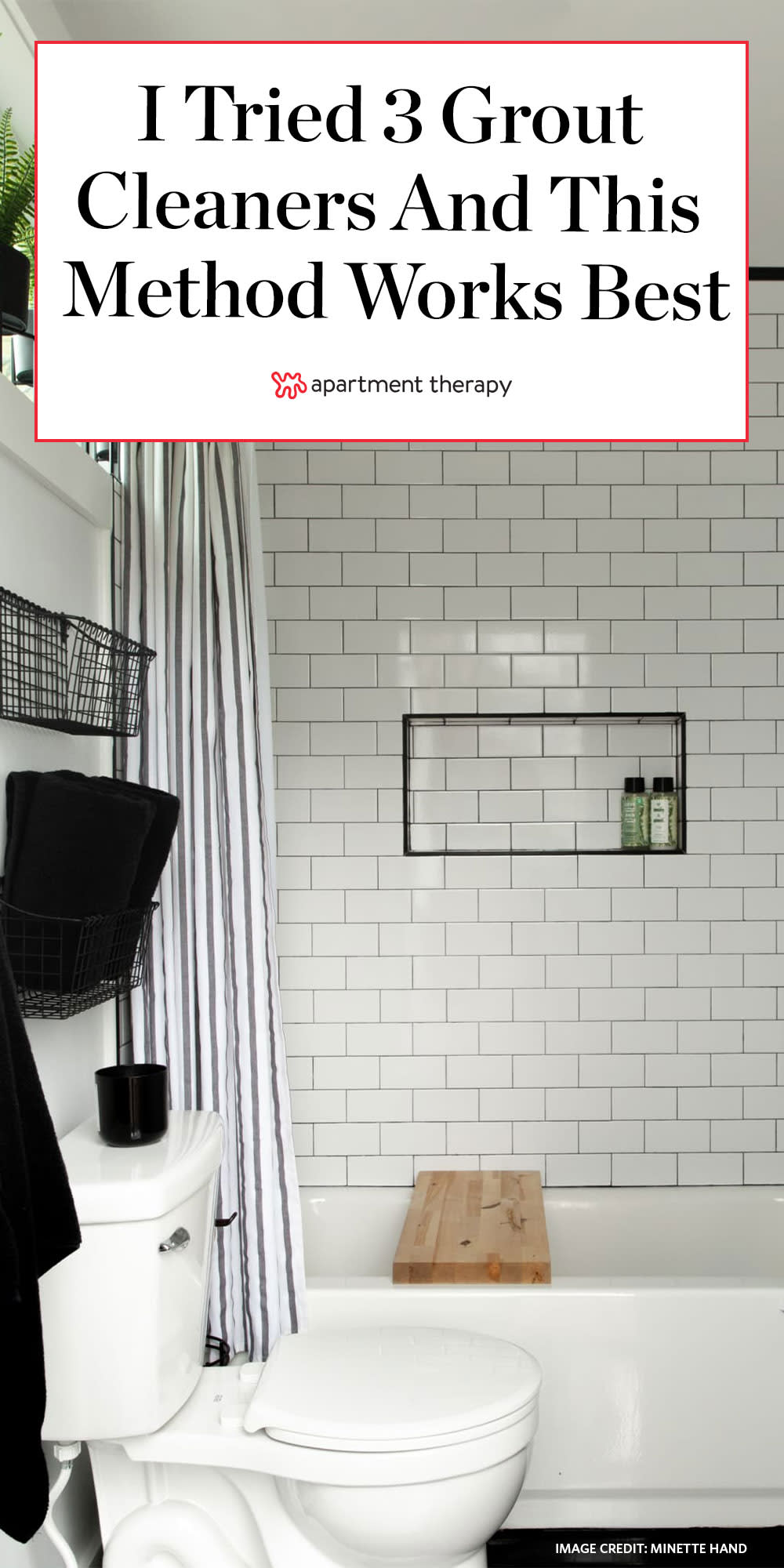
Essential Ingredients for Effective Homemade Bathroom Tile Cleaner
Creating your homemade bathroom tile cleaner is easy and cost-effective, thanks to a handful of essential ingredients that are both effective at cleaning and safe for your health and the environment. Whether you prefer a simple vinegar and water solution or want to add some extra cleaning power with baking soda or essential oils, here are the essential ingredients you’ll need for effective homemade bathroom tile cleaner:
Vinegar: White vinegar is a versatile cleaning agent that is effective at cutting through grease, soap scum, and mineral deposits on bathroom tiles. Its acidic nature helps to dissolve dirt and grime, leaving your tiles sparkling clean without the need for harsh chemicals. Plus, vinegar has natural antibacterial properties, making it an ideal choice for disinfecting bathroom surfaces.
Baking Soda: Baking soda is a mild abrasive that helps to scrub away stubborn stains and residue from bathroom tiles. Its alkaline properties help to neutralize odors and lift dirt and grime from the surface, leaving your tiles clean and refreshed. Baking soda also acts as a natural deodorizer, helping to eliminate unpleasant odors from your bathroom.
Essential Oils: Essential oils not only add a pleasant scent to homemade bathroom tile cleaners but also provide additional cleaning and disinfecting benefits. Certain essential oils, such as tea tree oil, lavender oil, and lemon oil, have antimicrobial properties that help to kill germs and bacteria on bathroom surfaces. Plus, essential oils can help to mask the strong scent of vinegar, making your homemade cleaner more enjoyable to use.
Castile Soap: Castile soap is a gentle yet effective cleanser that can be used to create a foaming bathroom tile cleaner. Made from natural ingredients such as olive oil, coconut oil, and vegetable glycerin, castile soap helps to lift dirt and grime from tiles without causing damage or leaving behind a residue. Plus, it’s biodegradable and environmentally friendly, making it a safe choice for both your home and the planet.
Water: Water is the base ingredient for most homemade bathroom tile cleaner recipes, serving as a solvent to dissolve other ingredients and create a cleaning solution. Use distilled or filtered water to avoid introducing impurities or minerals that can leave behind streaks or residue on your tiles.
Optional Additives: Depending on your cleaning needs and preferences, you may choose to add optional additives to your homemade bathroom tile cleaner. Ingredients such as hydrogen peroxide, borax, or salt can provide extra cleaning power or help to enhance the effectiveness of the cleaner. However, use caution when using these additives, as they may be abrasive or irritating to sensitive skin.
Simple and Effective DIY Recipes for Homemade Bathroom Tile Cleaner
Making your homemade bathroom tile cleaner is quick, easy, and cost-effective, thanks to a variety of simple yet effective DIY recipes. Whether you prefer a basic vinegar and water solution or want to customize your cleaner with essential oils or baking soda, there’s a recipe to suit every preference. Here are some simple and effective DIY recipes for homemade bathroom tile cleaner:
Basic Vinegar and Water Cleaner:
- Mix equal parts white vinegar and water in a spray bottle.
- Spray the solution onto your bathroom tiles and let it sit for a few minutes to loosen dirt and grime.
- Scrub the tiles with a sponge or brush, then rinse thoroughly with water.
- For stubborn stains, add a few drops of dish soap or essential oils to the mixture for extra cleaning power.
Vinegar and Baking Soda Scrub:
- Sprinkle baking soda onto your bathroom tiles, then spray them with white vinegar.
- Allow the mixture to foam and bubble for a few minutes, then scrub the tiles with a sponge or brush.
- Rinse the tiles thoroughly with water to remove any residue, then dry with a clean towel.
- This powerful combination helps to lift dirt and grime from tiles while neutralizing odors and disinfecting surfaces.
Citrus Infused Cleaner:
- Fill a glass jar with citrus peels, such as lemon, orange, or grapefruit.
- Cover the peels with white vinegar and seal the jar tightly.
- Let the mixture sit for a few weeks to infuse, then strain out the peels and transfer the infused vinegar to a spray bottle.
- Use the citrus-infused vinegar as a natural cleaner for bathroom tiles, countertops, and other surfaces.
Tea Tree Oil Disinfectant Spray:
- Mix 1 cup of water, 1/4 cup of white vinegar, and 10-15 drops of tea tree essential oil in a spray bottle.
- Shake the bottle to combine the ingredients, then spray the solution onto your bathroom tiles.
- Let it sit for a few minutes to disinfect, then wipe the tiles clean with a damp cloth or sponge.
- Tea tree oil has natural antimicrobial properties that help to kill germs and bacteria on bathroom surfaces, making it an effective disinfectant.
Foaming Castile Soap Cleaner:
- Mix 1/4 cup of liquid castile soap with 1 cup of water in a foaming soap dispenser.
- Add a few drops of essential oils for fragrance, if desired.
- Pump the dispenser to create a foamy lather, then apply the soap to your bathroom tiles.
- Scrub the tiles with a sponge or brush, then rinse thoroughly with water to remove any soap residue.
Tips for Using Homemade Bathroom Tile Cleaner Safely and Effectively
Using homemade bathroom tile cleaner is a safe and effective way to keep your tiles clean and sparkling without the use of harsh chemicals. However, it’s important to use these cleaners safely and effectively to ensure optimal results and minimize any potential risks. Here are some tips for using homemade bathroom tile cleaner safely and effectively:
Test in an Inconspicuous Area: Before using any homemade cleaner on your bathroom tiles, it’s a good idea to test it in an inconspicuous area first to ensure that it doesn’t cause any damage or discoloration. Apply a small amount of the cleaner to a hidden spot and wait a few minutes to see if any adverse reactions occur.
Ventilate the Area: Some homemade cleaners, particularly those containing vinegar, can have a strong scent that may be unpleasant or irritating to sensitive individuals. To minimize exposure to fumes and odors, make sure to ventilate the area by opening windows or using a fan while cleaning.
Use Protective Gear: When using homemade bathroom tile cleaner, it’s a good idea to wear protective gear such as gloves and goggles to protect your skin and eyes from potential irritation or exposure to cleaning agents. Additionally, make sure to keep children and pets away from the area while cleaning to prevent accidental ingestion or contact with cleaning solutions.
Follow Instructions Carefully: When mixing homemade cleaners, make sure to follow the instructions carefully and use the correct proportions of ingredients to avoid creating solutions that are too strong or ineffective. Pay attention to any warnings or precautions listed for individual ingredients, and use them accordingly.
Rinse Thoroughly: After cleaning your bathroom tiles with a homemade cleaner, make sure to rinse them thoroughly with water to remove any residue and prevent buildup. Leaving cleaner residue on your tiles can attract dirt and grime, leading to dullness or discoloration over time.
Store Safely: Store homemade bathroom tile cleaner in a cool, dry place away from children and pets. Make sure to label the container clearly with the contents and any safety precautions, and avoid mixing different cleaning agents, as this can create dangerous chemical reactions.
Frequently Asked Questions
Making your homemade bathroom tile cleaner can be a rewarding and eco-friendly alternative to store-bought cleaners, but you may have questions about how to use them effectively or whether they’re safe for certain types of tiles. Here are some frequently asked questions about homemade bathroom tile cleaner:
Is homemade tile cleaner safe for all types of tiles?
Homemade tile cleaner is generally safe for use on most types of tiles, including ceramic, porcelain, and natural stone. However, certain types of tiles, such as marble or limestone, may be more sensitive to acidic ingredients like vinegar, so it’s important to test any homemade cleaner in an inconspicuous area first.
Can I use homemade tile cleaner on grout?
Yes, homemade tile cleaner can be used to clean grout as well as tiles. Ingredients like vinegar and baking soda are effective at removing dirt and grime from grout lines, restoring them to their original color and appearance.
How often should I use homemade tile cleaner?
The frequency of cleaning will depend on factors such as the amount of foot traffic in your bathroom and how quickly dirt and grime accumulate on your tiles. As a general rule, aim to clean your bathroom tiles and grout at least once a week to prevent buildup and maintain a clean, sanitary environment.
Are there any ingredients I should avoid in homemade tile cleaner?
While many natural ingredients can be used to make homemade tile cleaner, there are some ingredients you may want to avoid, particularly if you have sensitivities or allergies. Common allergens such as citrus oils or fragrances may irritate some individuals, so it’s important to choose ingredients that are safe and suitable for your needs.
Can I use homemade tile cleaner on colored grout?
It’s best to avoid using acidic cleaners like vinegar on colored grout, as they may cause the color to fade or become discolored over time. Instead, opt for a gentle, pH-neutral cleaner that is specifically formulated for colored grout to avoid damaging or altering its appearance.
How can I make my homemade tile cleaner smell better?
If you find the scent of vinegar or other cleaning ingredients unpleasant, you can add a few drops of your favorite essential oils to your homemade tile cleaner to create a more pleasant fragrance. Popular choices include lavender, lemon, peppermint, and eucalyptus oils, which not only smell great but also provide additional cleaning and disinfecting benefits.
DIY Shower Tile Cleaner – Just 2 Ingredients A Time to Freeze
The Absolute Best Homemade Grout Cleaner!
The Ultimate Guide to Cleaning Grout: 10 DIY Tile u0026 Grout Cleaners
Homemade Tub u0026 Tile Cleaner
Homemade Bathroom Cleaners – My Frugal Adventures
Homemade Bathroom Tile Cleaner
How To Clean Grout With A Homemade Grout Cleaner u2013 Practically
Homemade Shower Tile Cleaner
3 (Top Secret) Tricks for Cleaning with Vinegar – Making Lemonade
How To Clean Grout With A Homemade Grout Cleaner
Related Posts:
- Bathroom Tile For Shower Walls
- Modern Bathroom Tile Texture
- Vintage Bathroom Tile Design Ideas
- Bathroom Tile Design Ideas
- Bathroom Tile Cleaning Hacks
- Bathroom Tile Backsplash Designs
- Best Bathroom Tile Combinations
- How To Clean Grout Between Bathroom Tiles
- Blue Color Bathroom Tiles
- Installing Bathroom Tile Shower

